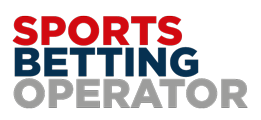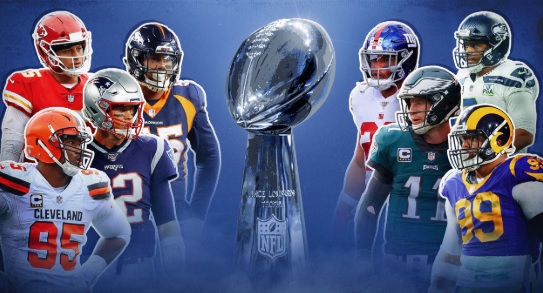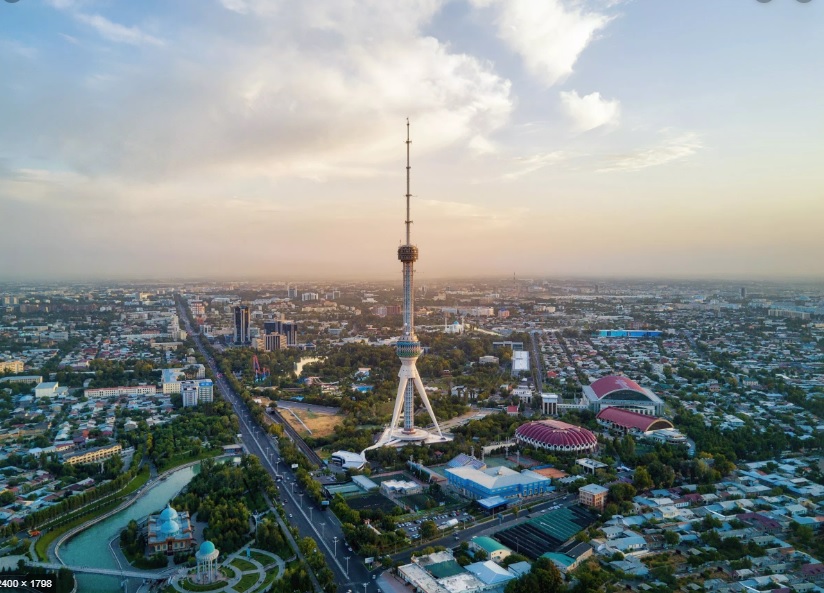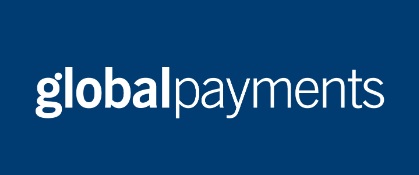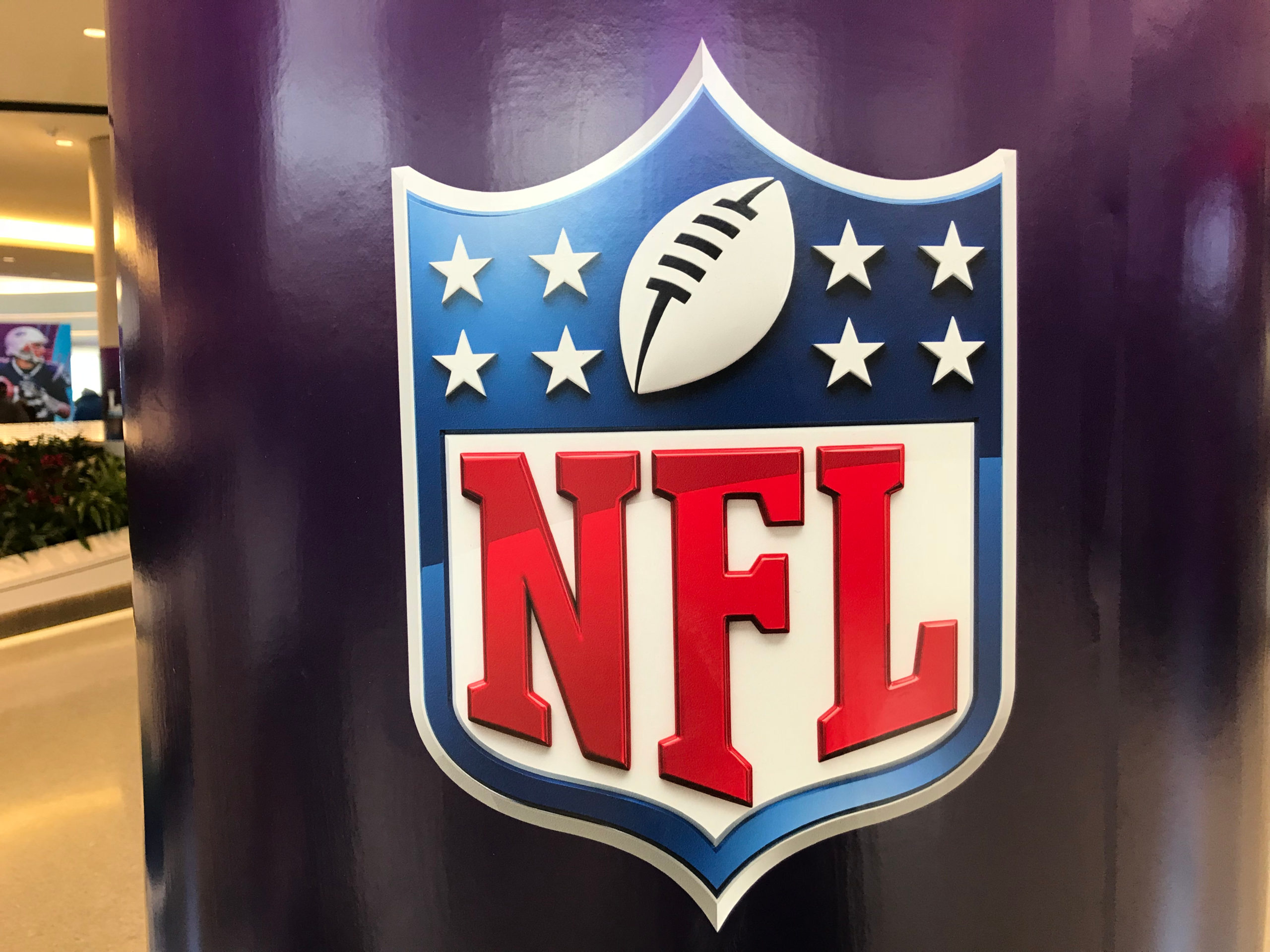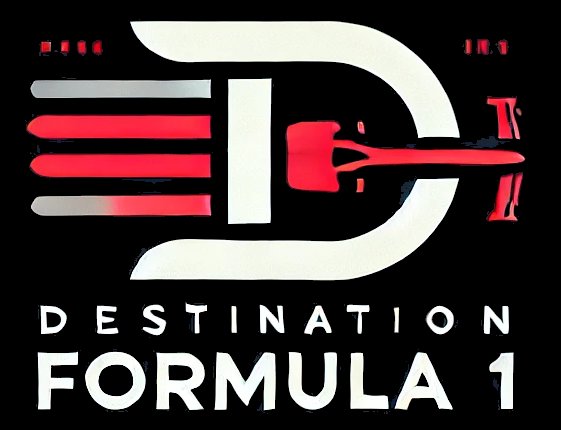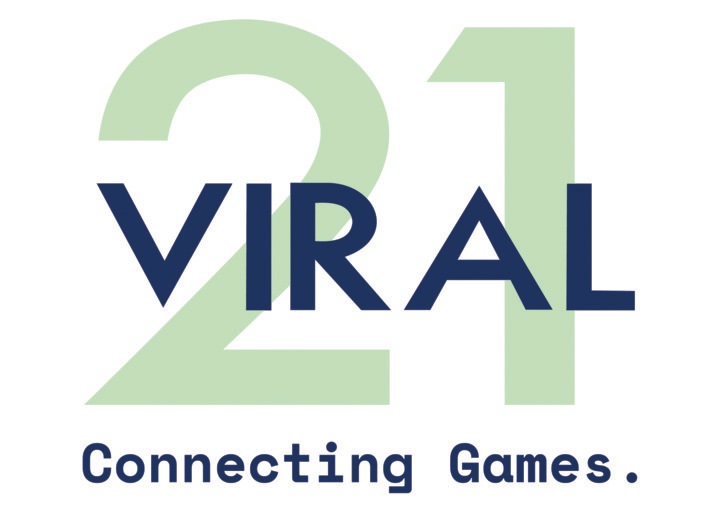Maryland lawmakers advanced an uncapped online sports betting bill Wednesday, a key step toward what would be the nation’s first market with both an unlimited number of digital operators and retail sportsbooks.
The Senate Budget and Taxation Committee approved the uncapped digital operator amendment to a House sports betting bill without opposition after nearly an hour of discussion over largely technical amendments in Wednesday’s meeting. If passed by the whole General Assembly, any online sportsbook could apply to operate in Maryland without having to “tether” or partner with an existing land-based facility.
The uncapped online license eligibility legislation must pass both the full House of Delegates, which already passed a bill with only 15 online licenses, as well as the full Senate before it can pass into law. Though key votes remain, the influential Senate Budget committee had already worked with both House and Senate members before introducing the bill’s uncapped license language, underscoring political momentum for an uncapped online market.
Policymakers have also said for months this bill, which promulgates regulations for the 2020 ballot measure that legalized Maryland online sports betting, will pass in some capacity. The 2021 legislative session will adjourn next week.
If included in the final bill, Maryland would be just the third state to approve any sort of untethered and uncapped online sports betting market, following Tennessee and Wyoming. It would be the first that also permitted retail sportsbooks.
Lawmakers pushed the expanded online sports betting language as a way to bolster market participation. The bill that enacted the 2020 ballot measure required unspecified mandates to assure minority and women-owned business participation, caveats budget committee members believe were partially answered by the uncapped online license language.
Mobile and online wagering makes up more than 85 percent of total wagering handle in other sports betting mature markets, including other Mid-Atlantic states such as Pennsylvania and New Jersey. The bill allows major national sportsbook brands such as DraftKings, FanDuel, BetMGM and PointsBet to enter, but would open the door for smaller or locally-owned brands as well.
Tennessee Action 24/7 is the only locally-owned online U.S. sportsbook to launch in the nearly three years since the Supreme Court struck down the federal wagering ban. The company gained roughly one percent of Tennessee’s market share in its first few months operating and had its license suspended by regulators over alleged money laundering and fraud allegations.
The $500,000 initial licensing and $100,000 renewal fees would be one of the lower online operator rates in the country. Maryland has the highest median household income of any state, multiple high-profile professional sports teams and a tech-savvy population, all of which positively corollate with sports betting participation.
The bill previously allowed 15 statewide mobile licenses. The language permitted any qualified operator to apply, but multiple Maryland small business owners and stakeholders objected, testifying at legislative hearings that most of those skins would go to the state’s larger, established gaming entities.
Maryland’s original bill carved out specific retail licenses for the state’s six full-scale commercial casinos, all of which would presumably seek (and receive) one of the limited digital licenses as well. The state’s three major professional sports venues (MLB’s Oriole Park at Camden Yards as well as the NFL’s FedEx Field and M&T Bank Stadium) were also given special consideration in the law and would also likely garner online licenses.
One online license apiece would further be allocated for: the operator of the state’s two major pari-mutuel horse tracks; the state fairgrounds; and an off-track betting riverboat on the Potomac River.
Under the revised retail betting licensing structure unveiled at a work session Tuesday, the 12 aforementioned entities would pay $2 million in initial license fees and $500,000 in renewals. Five percent of gross gaming revenues would go to a fund supporting minority and women-owned small businesses. Other gaming establishments with 1,001 or fewer “video lottery terminals” (slot machines) would pay $1 million initial licensing fees and $300,000 renewals, with five percent also going to the minority and women-owned small business fund.
Other Maryland businesses with 25 or more employees or $3 million in gross annual revenues would pay $250,000 initially/ $50,000 renewal and wouldn’t have to contribute to the small business fund. Those with less than 25 employees or $3 million in revenues would pay $50,000 and $10,000, respectively.
Maryland sports betting backers will push for a full floor vote by the end of the week. The 2021 session is set to adjourn “sine die” next Monday, leaving little time to pass a final bill on both the Senate and House floors. Officials said the bill should be ready for a vote on the House floor as early as Thursday morning.
If passed by the Senate, which seems like a formality at this point in the legislative process, the House would have to concur to the drastic changes since its 129-10 vote last month. There doesn’t appear enough time for a joint conference committee to hammer out differences; the House will likely have to concur with all the Senate’s changes, including the dramatic online gaming license expansion.
Democratic House Speaker Adrienne Jones sponsored the original bill and has worked with the Senate on the follow-up amendments for months With her support in the overwhelmingly Democratic House, the bill should pass without issue.
Republican Gov. Larry Hogan has publicly supported legal betting legislation and even in an unlikely veto, there should be more than enough votes for an override. Key legislative steps remain, but Wednesday’s committee vote should clear the way for the unprecedented online sports betting bill’s passage early next week.
